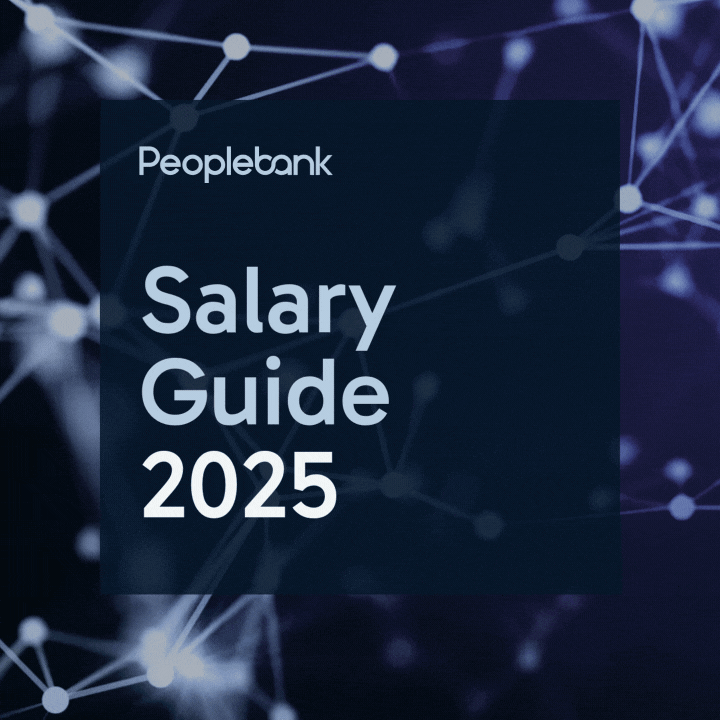By Thomas Burt
•
June 30, 2025
Australia’s tech sector continues to face crucial skill shortages, particularly in areas such as software development, cybersecurity, and cloud infrastructure. For organisations trying to scale quickly, launch new products or undergo digital transformation the talent gap can feel like a bottleneck (or at least a very frustrating aspect of business operations). While none of us can change market realities, it is possible to grow effectively without overextending or overworking your existing staff. With a forward thinking 3-phase approach to scale your tech team, you can create a far more sustainable internal talent pool, even in a talent-tight market. 1. Prioritise Critical Roles Begin by clearly identifying the roles that are essential to progress now — not every hire needs to happen at once. This phase should focus on: High-impact positions (e.g., Lead Developer, Cloud Engineer, Product Owner) Contractors or consultants for immediate delivery Partnering with a specialist recruiter to fast-track access to talent It can also be helpful to use workforce planning tools to map existing capability against business demand, identifying real skill gaps vs. nice-to-haves in real-time. 2. Supplement with Flexible Talent Once the foundation is stable, look at short-term or contingent hires to expand capacity without permanent headcount pressure. Contracting is especially useful for: Agile product teams Time-sensitive projects Specialist skills (e.g., penetration testing, DevOps automation) Contract-to-permanent is also a great way to trial cultural fit and minimise long-term risk. Building a team that mesh well together avoids interpersonal issues impacting retention, a key point for all teams, but especially when addressing crucial and finite talent pools. 3. Building a Sustainable Talent Pipeline With your core needs covered you can shift focus to building a sustainable team through: Junior hires who receive structured pathways to professional growth and skill development Diversity recruitment to reach new talent pools Uplift employer branding and employee benefits to passively attract candidates over time While there is a shortage of many tech skills businesses need now, there is a deluge of talented people willing to learn, with forward thinking and the right support many gaps can be filled. Skills shortages will continue but with the right plan, your team doesn’t have to stall (or burnout trying to fill gaps). If you need help finding the right talent for whatever phase of recruitment you are in, get in contact with one of our highly skilled Account Managers here.






















